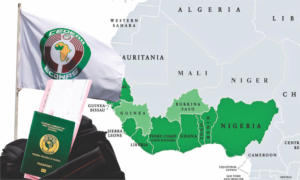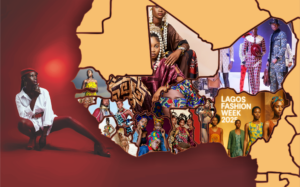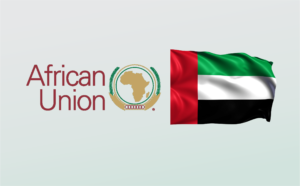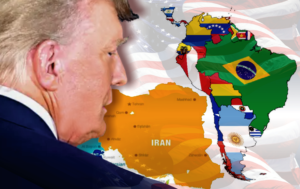Burkina Faso Says “No” to Bill Gates’ Mosquito Experiment: A Clash of Science, Sovereignty and Survival
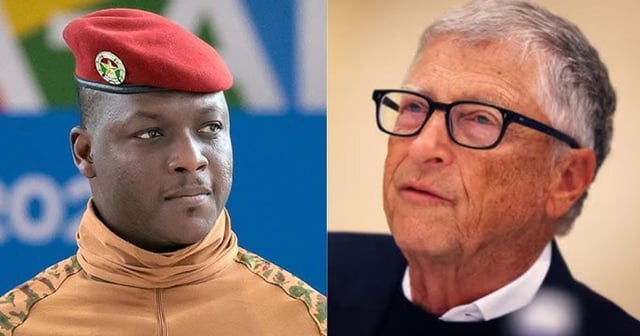
In a decision that reverberates far beyond its borders, Burkina Faso’s military government under Captain Ibrahim Traoré has halted a controversial program backed by billionaire philanthropist Bill Gates, which sought to release genetically modified mosquitoes to curb malaria. The move, announced with the order to destroy all related samples in the country, has ignited a wider debate about science, sovereignty, culture, and the role of foreign powers in African public health.
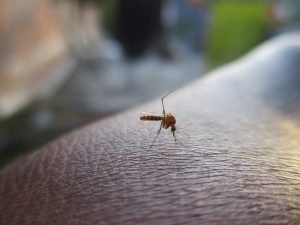
Malaria is no stranger to the Burkinabé people. Families across the country, particularly in rural villages, know the pain of watching children fall ill with fever and chills during the rainy season. Entire communities rally around mosquito nets, herbal remedies, and sometimes prayers passed down through generations. Yet malaria remains a stubborn killer: according to the World Health Organization, it still claims hundreds of thousands of lives annually across Africa.
For many Burkinabé families, the promise of a high-tech solution of genetically engineered mosquitoes, carries both hope and fear, but for the underwritten hidden-tune of neocolonization between the finelines, is an alarming concern for the Africa fortress. Like Aminata, a mother of four in Ouagadougou, who said “We want malaria gone but we don’t want to become experiments for things we don’t understand,” her words capture a tension felt by many. Between the need for urgent medical solutions and the deep mistrust of foreign interventions that do not always align with local realities, Africans on the soil of the continent are gradually reversing from the usual embrace of foreign aids.
Bill Gates and the Target Malaria Project: The suspended project, known as Target Malaria, had backing from major research institutions and funding from the Bill & Melinda Gates Foundation. The idea was bold: release male mosquitoes engineered to carry traits that reduce the ability of wild populations to reproduce, eventually cutting malaria transmission.
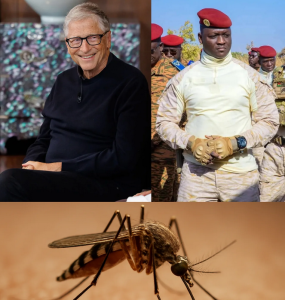
Supporters hailed it as a breakthrough in biotechnology, a possible “silver bullet” against a disease that has stubbornly resisted vaccines and medicines. But critics warned of playing God with ecosystems. What happens if a modified species disrupts food chains? Could it unintentionally spread beyond control?
For the Burkinabé government, those questions were not abstract, they were political.
Politics of sovereignty and resistance to foreign assertion of power and dominance, captures Captain Ibrahim Traoré’s administration in the frame of its decision as an act of sovereignty. The suspension fits a broader pattern: since seizing power in 2022, the military government has increasingly distanced itself from Western influence while seeking closer ties with African neighbors and non-traditional partners such as Russia.
Halting the mosquito project is not just about public health, it is also a symbolic rejection of what some perceive as neo-colonial experiments conducted on African soil. In the words of one of the officials – “Burkina Faso will not be a laboratory for the West. We will fight malaria on our own terms.”
The controversy has spilled into communal debate in view of social and ethical questions. Urban elites in Ouagadougou, with more access to modern medicine, often view biotechnology as progress. But rural communities, where traditions around nature and farming are deeply embedded, are more cautious. Some religious leaders have spoken against the project, arguing that altering God’s creation is ethically wrong.
Environmental activists add another layer of resistance, pointing out that Africa has seen too many cases where foreign-driven so-called solutions brought unintended consequences; from invasive plant species to failed agricultural experiments.

The human dimension to this issue, connotes beyond the headlines that families are still battling malaria everyday in Africa. Not that it is strange, but because it’s a tropical health challenge. Although, to mothers like Aminata, the decision is a bittersweet outcome. But the societal relief comes from knowing that Burkina Faso won’t serve as a testing ground without consent. Nonetheless, fear lingers despite the mix-display of political and sovereignty positions, because malaria is not waiting for mix to settle.
Doctors warn that halting research does not erase the urgent need for action. “We need more nets, more education, better sanitation and local innovations. Rejecting foreign projects must not mean rejecting the fight against malaria.” says Dr. Issa Zongo, a public health specialist in Bobo-Dioulasso.
The Burkinabé stance may inspire other African nations to reconsider their involvement in projects funded by Western philanthropists. It raises larger questions: Who gets to decide how science is applied in Africa? Should wealthy outsiders define solutions for diseases that disproportionately affect Africans? And can local knowledge be valued alongside modern biotechnology?
Burkina Faso’s rejection of the Gates-backed mosquito project is not just a health policy, it is a cultural, political and ethical statement. It highlights the struggle of a people determined to protect both their lives and their sovereignty. Balancing tradition with modern science and caution with desperation.
As Africa’s fight against malaria continues, the world will be watching whether solutions will come from external laboratories or from within the continent itself.


